19 Healthiest Dog Breeds With the Least Health Issues
Choosing the right dog breed can impact not only your household but also your pet’s well-being. Some breeds are known for their robust health, needing fewer visits to the vet. Breeds like the Australian Cattle Dog are noted for having fewer health issues compared to others.

Understanding which breeds are generally healthier can make ownership more rewarding. This list showcases breeds that tend to live longer lives with fewer health complications. Each has unique traits that contribute to their overall health and happiness.
These dogs not only have fewer common health problems but also bring joy with their lively and energetic natures. Discover why breeds like the Beagle or Shiba Inu stand out in terms of health and vitality. This information helps potential owners make informed choices, ensuring a happy, healthy life for both you and your furry friend.
Defining Health in Dogs
When assessing dog health, it’s important to consider lifespan expectancy and common health metrics. These aspects provide insight into the overall well-being and vitality of different breeds.
Lifespan Expectancy
Lifespan expectancy in dogs depends on various factors, including genetics, lifestyle, and healthcare. Small breeds like Chihuahuas and Dachshunds often live longer, sometimes reaching 15 to 20 years. In contrast, larger breeds like Great Danes generally have shorter lifespans, around 7 to 10 years.

Maintaining a healthy lifestyle is key. Regular check-ups with the vet, proper nutrition, and regular exercise can help extend a dog’s life. It’s also important to consider breed-specific health issues that might affect longevity.
In order to ensure a long life, dog owners should focus on preventive care. Keeping vaccinations up-to-date and being aware of any genetic tendencies towards certain illnesses are crucial steps.
Common Health Metrics
Health metrics in dogs can vary widely depending on the breed and individual characteristics. Commonly measured metrics include weight, heart rate, and body temperature. Regular monitoring of these can help detect early signs of illness or discomfort.

A balanced diet tailored to a dog’s age, size, and activity level is essential. Ensuring the right balance of nutrients helps maintain healthy skin, coat, and energy levels. Dental health is another critical aspect. Poor dental hygiene can lead to infections and other health problems. Regular teeth cleaning and vet check-ups are recommended to prevent such issues.
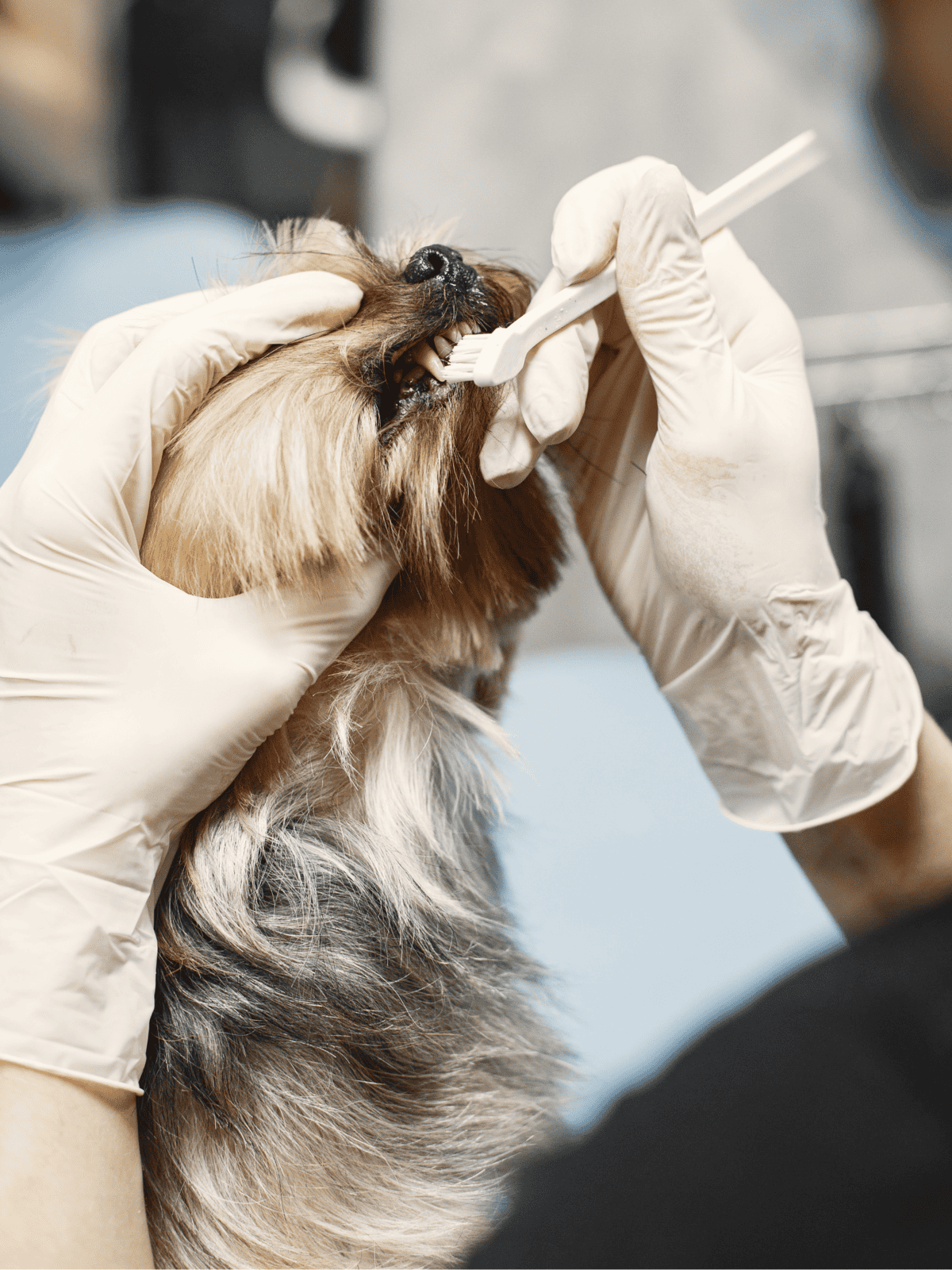
Lastly, mental health should not be overlooked. Dogs need mental stimulation and social interaction to stay happy and healthy. Activities like playing games, training, and spending time with other dogs can improve their overall well-being.
Inherited Health Advantages
Certain dog breeds enjoy inherent health benefits due to genetic factors. These advantages help them avoid common health problems and lead longer, healthier lives.
Genetic Diversity
Genetic diversity plays a big role in a breed’s overall health. Dogs with a wider gene pool tend to have fewer genetic disorders. Mixed breeds or breeds that have not been over-bred usually boast this advantage.

For instance, Icelandic Sheepdogs are known for a good level of genetic variation. This diversity can shield them from some inherited health issues. A varied gene pool helps maintain a robust immune system, enabling these dogs to resist illnesses better.
In contrast, breeds with less diversity may be more prone to hereditary diseases. This is why responsible breeding practices are essential.
Breed-Specific Resilience
Some breeds are naturally resilient due to qualities passed down through generations. These dogs are well-adapted to their environments and have characteristics that prevent specific health problems. For example, Basenjis have fewer kidney and urinary issues compared to other breeds.

This resilience makes them a popular choice for owners looking for a low-maintenance pet. Even with a few inherited health problems, regular vet check-ups and a healthy lifestyle are still crucial. Each breed has its unique strengths, contributing to its reputation for being healthy and resilient.
Enjoying this read?
We publish this content for free to generate interest in our Premium members' area. By subscribing, you can ask the writer any questions related to pet care and this article, get access to 100+ Premium Pet Care Guides and go Ad-Free with DogFix Premium for $2.99.
Healthiest Dog Breeds
Some dog breeds tend to have fewer health problems. These breeds often live longer and enjoy active, happy lives. Below is a look at these breeds known for their robust health and vitality.
1. Australian Cattle Dog
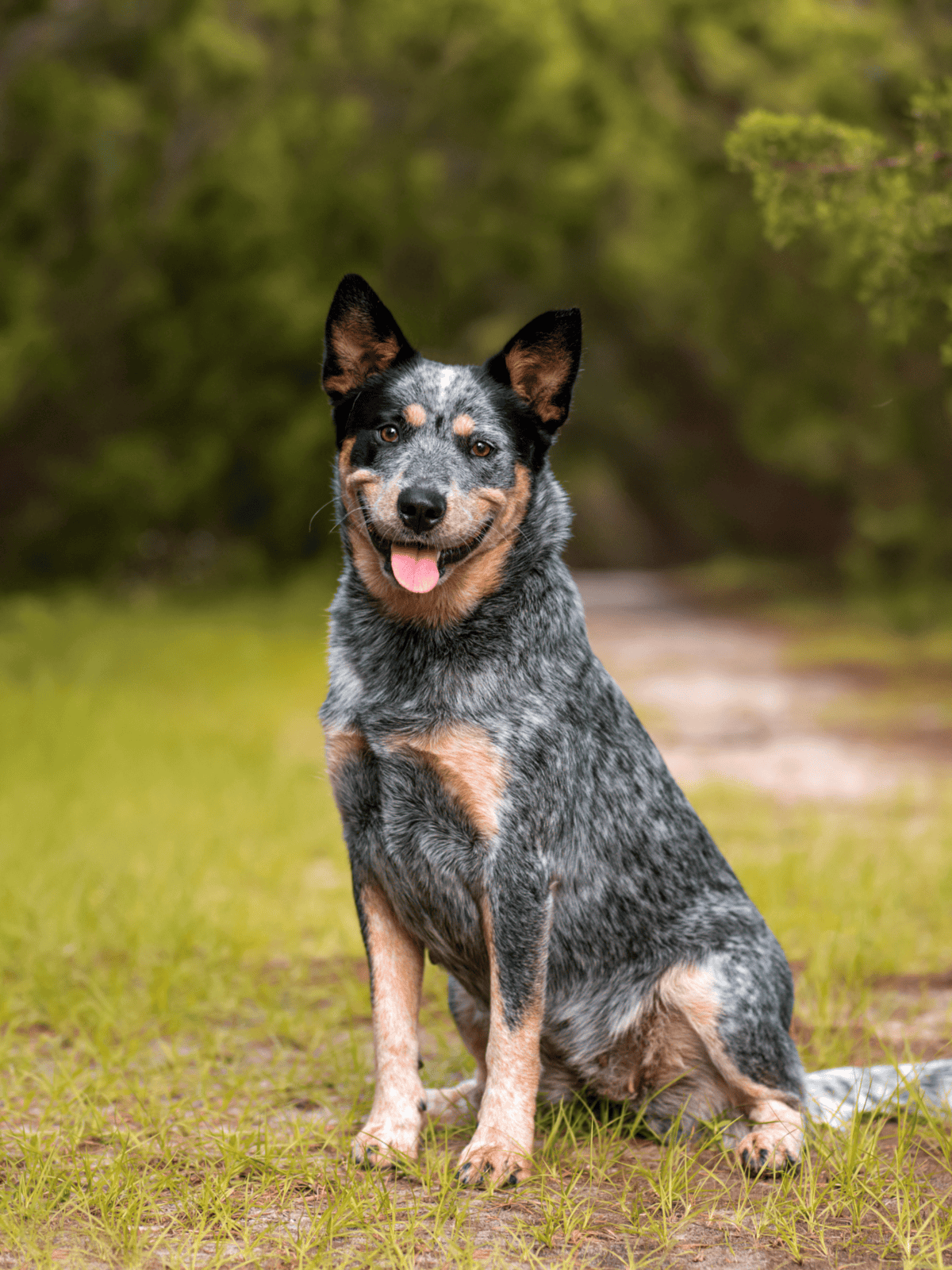
The Australian Cattle Dog is often regarded as an exceptionally healthy breed. Renowned for its intelligence and vigor, this breed shows remarkable resilience and seldom encounters significant health problems. Originally bred for herding, these dogs thrive with regular exercise.
2. Australian Shepherd Dog

Australian Shepherd dogs are known for their smarts and loyalty, staying happiest when they are active. They need both mental and physical activities, such as herding or advanced training. Some medical conditions like joint problems and certain eye issues might affect them, but they usually enjoy good health.
3. Chihuahua

Chihuahuas often forget their small size, boasting long lifespans in the dog world. These lively and loyal companions have large personalities. Due to a risk of weight gain, it’s important they stay active—perhaps through indoor play.
4. Beagle

Beagles are driven by their noses, sometimes leading them into mischief. These affectionate pets need scent training and a controlled diet to prevent overeating. Their appetite is big, so careful monitoring is key.
5. Greyhound

Greyhounds rely on their speed and agility for hunting, unlike other hounds. Known for their energy and prey drive, they require regular exercise. Once they’ve had their run, they become calm and enjoy relaxing indoors.
6. Poodle

Whether large or small, Poodles are excellent family pets. They are friendly and easy to train, enjoying activities such as swimming and learning tricks. They tend to remain healthy with minor age-related health concerns.
7. Havanese

Hailing from Cuba, Havanese have a lifespan of up to 16 years. They are affectionate and easy to train due to their intelligence. Some health issues like eye problems and knee issues can occur but are not overly common.
8. German Shorthaired Pointer

German Shorthaired Pointers are valued as hunting dogs for their speed and endurance. These dogs are full of energy and thrive on physical and mental challenges. Though generally healthy, they could face joint and stomach issues.
9. Old English Sheepdog
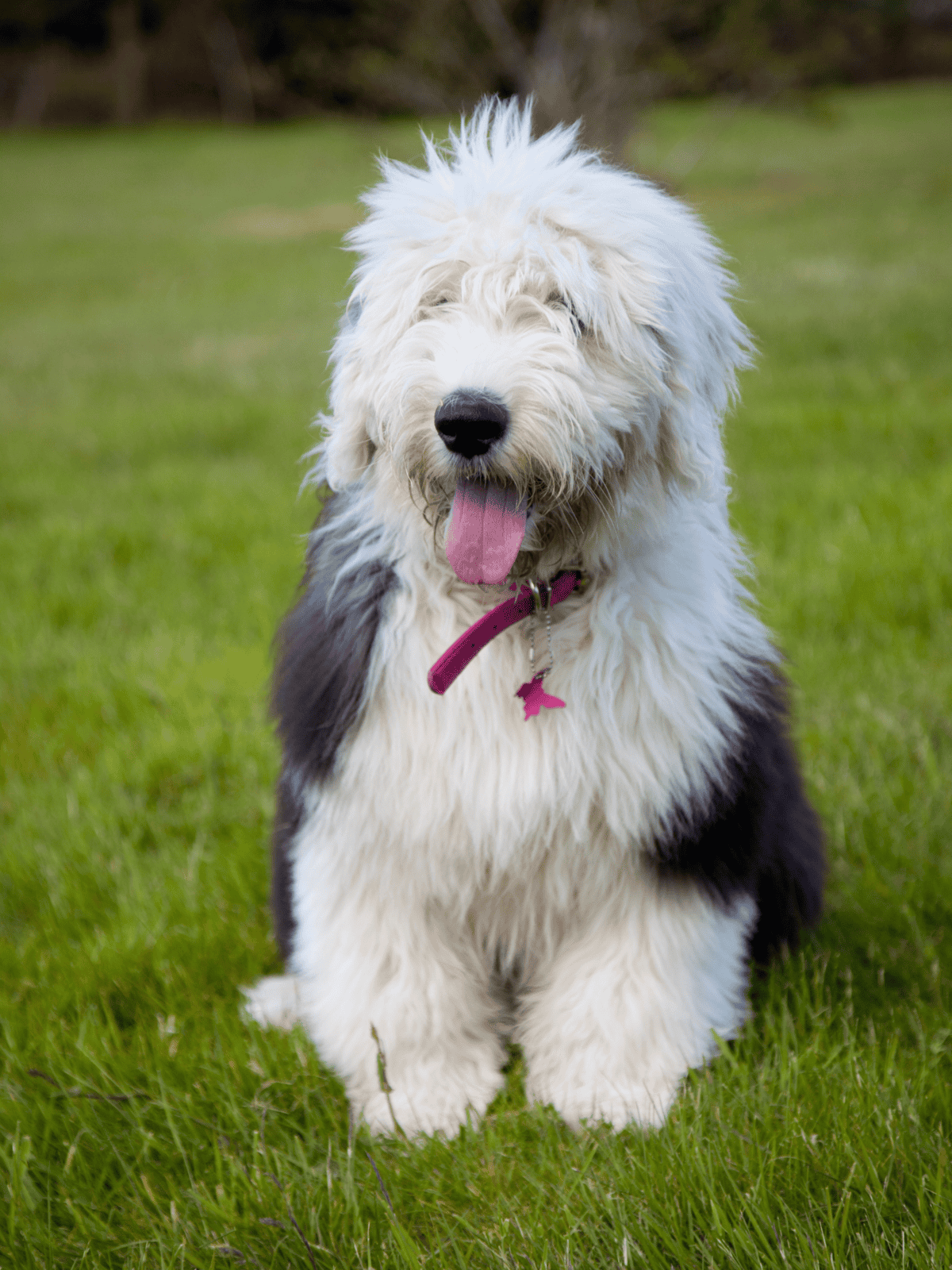
Old English Sheepdogs love family life and are typically well-behaved companions. They do well around children and exhibit affectionate behavior. This breed is generally healthy and can live between 10 to 12 years.
10. Basenji

Catlike Basenjis are known for their independence and cleanliness. They require plenty of mental and physical stimulation to stay engaged. Some Basenjis may have a genetic predisposition to kidney conditions.
11. Shiba

Spirited Shiba Dogs are small in size but big in personality. These intelligent and active dogs can become anxious if not sufficiently exercised. Although usually healthy, they might develop joint issues as they age.
12. Chinese Crested Dog
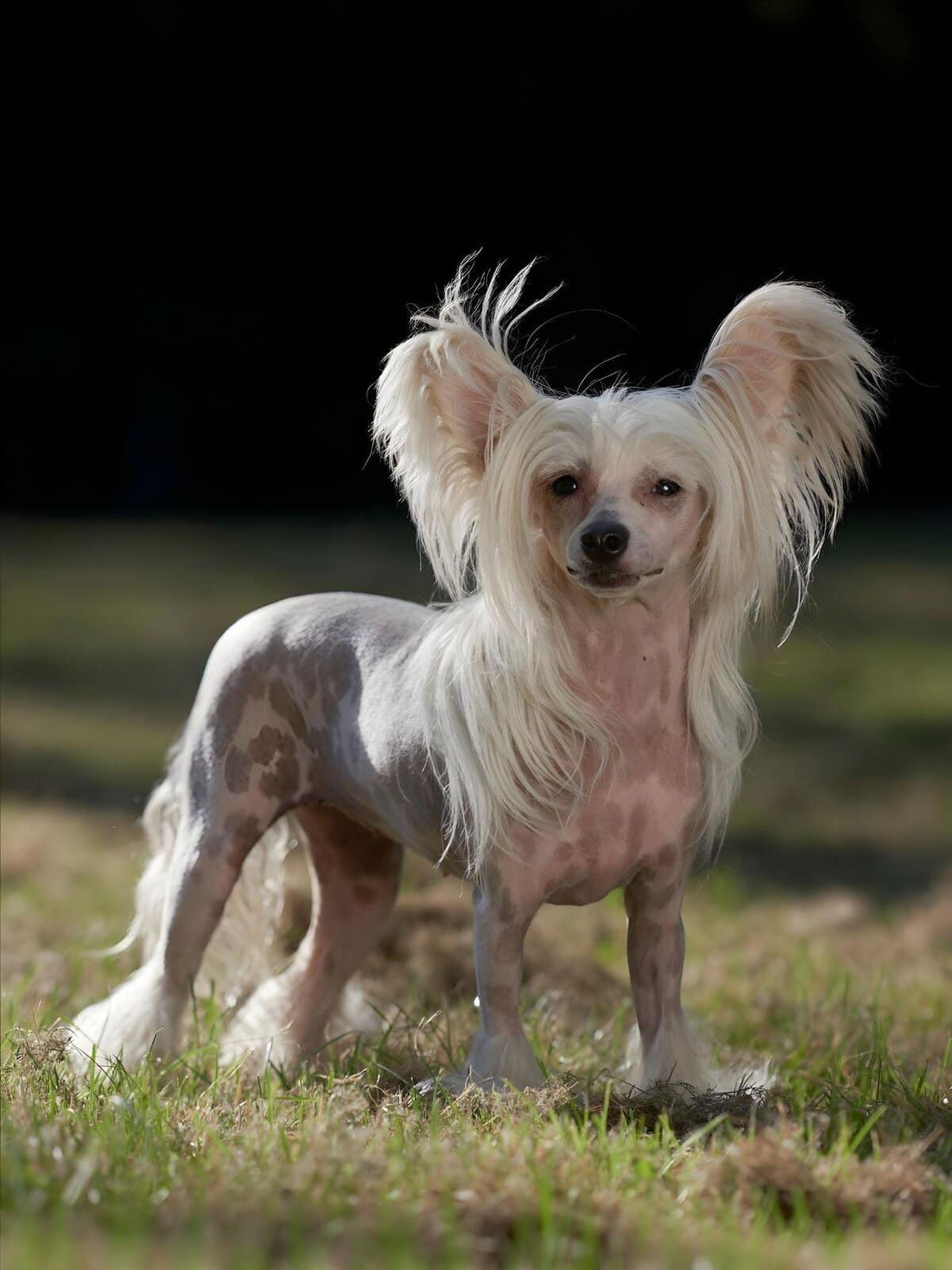
Chinese Crested Dogs showcase their elegance with two types: hairless and powderpuff. Grooming is essential for both varieties, and keeping them warm is important for the hairless type. They are deeply loyal to their owners.
13. Border Collie

Border Collies, full of energy, need regular physical and mental activities. Known for their intelligence, they excel in tasks that stimulate both body and mind. While robust, they may be prone to eye conditions.
14. Whippet

Whippets can sprint at 35 miles per hour and enjoy chasing games. Despite their high energy, they have thin coats that require warmth. Some may have a genetic tendency toward hearing issues.
15. Siberian Husky

Siberian Husky Dogs are known for their sociable and intelligent nature. They need a lot of exercise and mental challenges to stay content. Despite their overall good health, they may experience eye issues early on.
16. Anatolian Shepherd
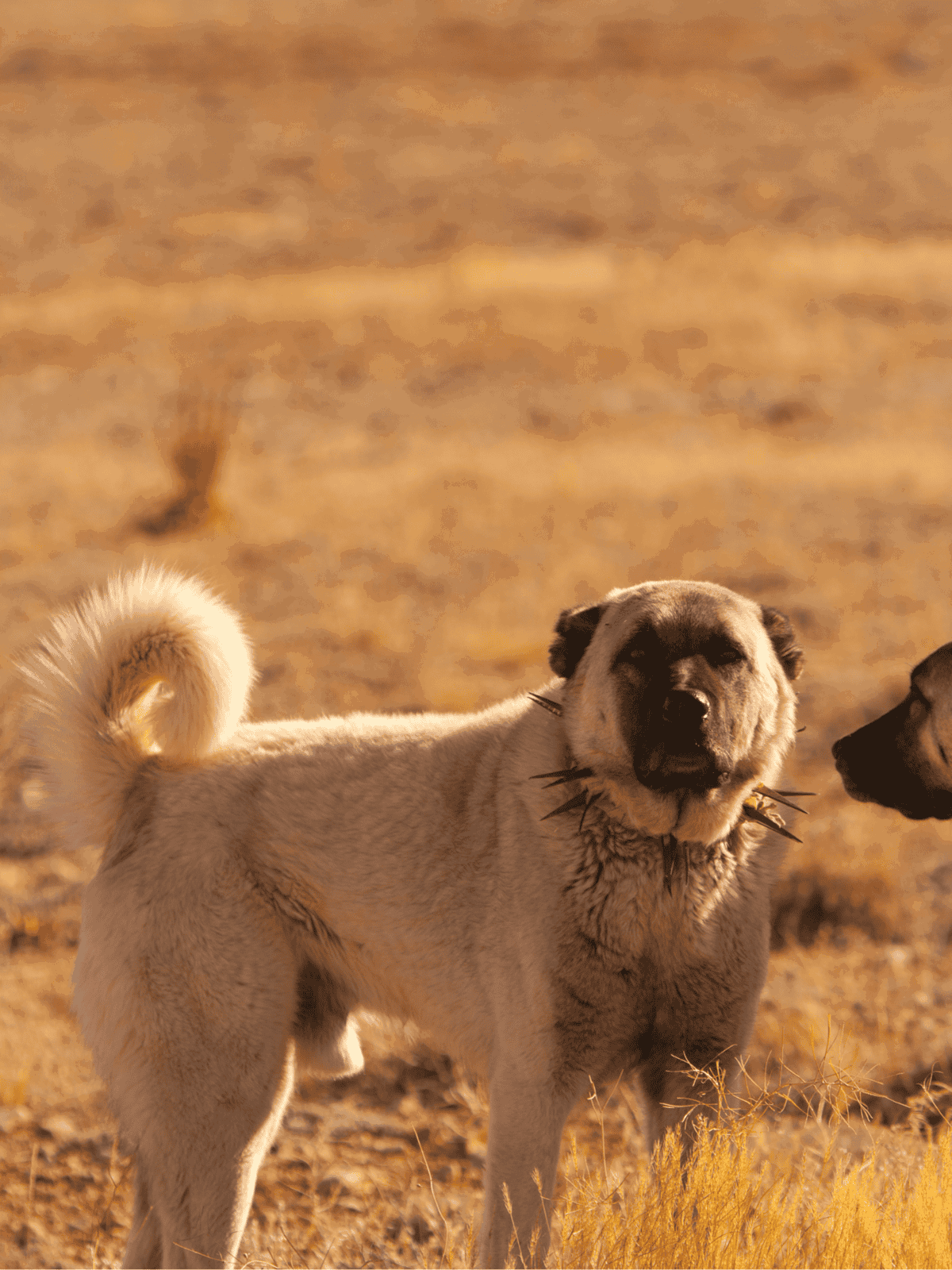
Anatolian Shepherds are large, protective dogs with calm natures. Always alert, they value outdoor exercise to manage their energy levels. These independent dogs excel in guarding roles and typically stay healthy.
17. Bichon Frise

Bichons are energetic without needing extensive outdoor time due to their small stature. They enjoy long lives but might develop diabetes, affecting their blood sugar regulation. Their affectionate personality endears them to families.
18. Belgian Malinois
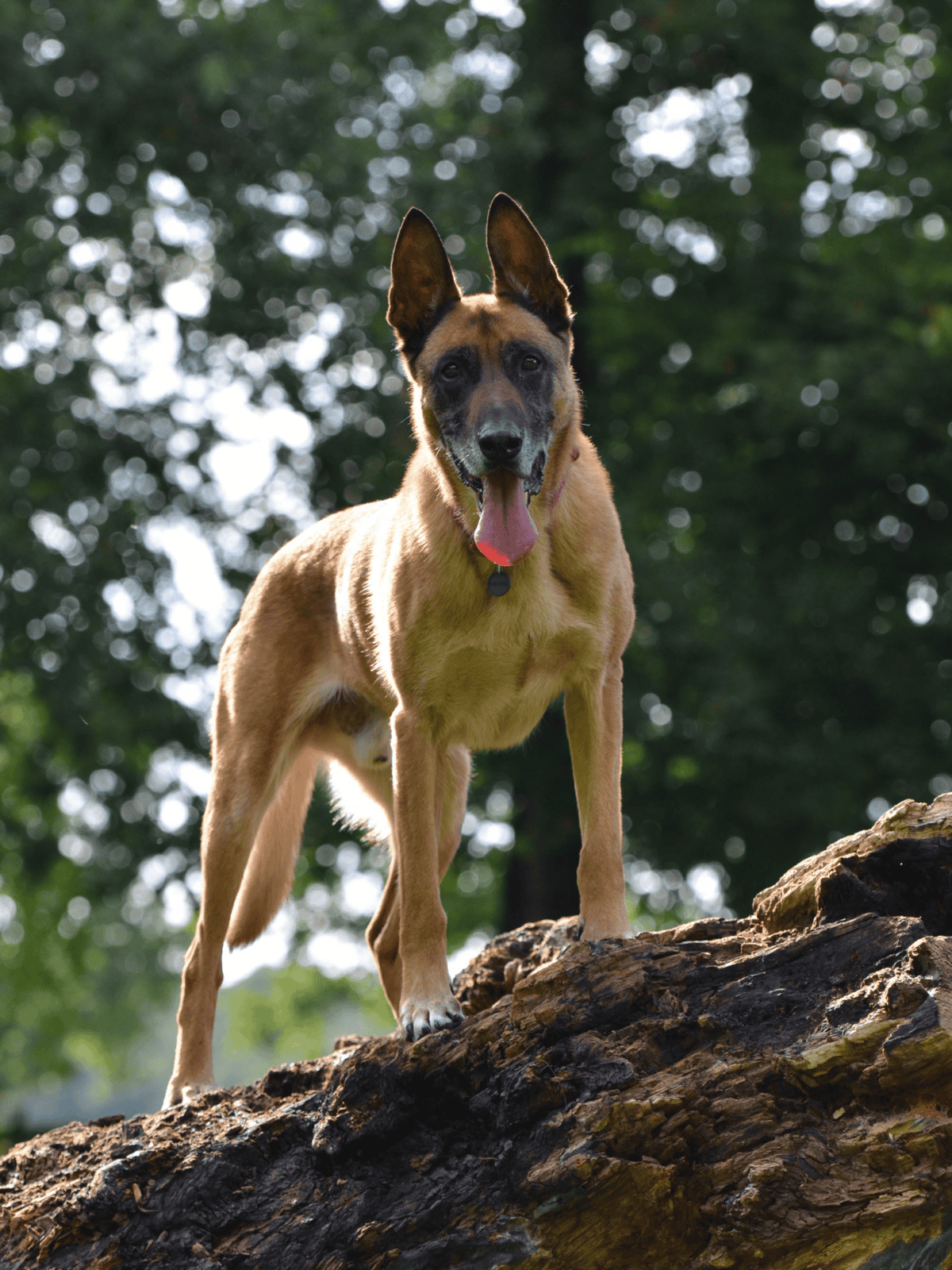
Active Belgian Canines thrive as companions for outdoor enthusiasts. Intelligent and versatile, they undertake roles from herding to working with law enforcement. They are typically healthy, with cataracts being a notable exception.
19. American Foxhound

Foxhound Hunters were developed to track foxes, enjoying outdoor activities. Loyal and social, they adapt well to indoor living with other pets. Known for their good health, they have a lifespan of 11 to 13 years.
Preventive Measures for Optimal Health
Keeping a pet healthy requires careful attention to several key areas. Regular check-ups, proper diet, and exercise play crucial roles in a dog’s well-being.
Regular Veterinary Check-Ups
Routine vet visits are essential to detect early signs of illness. Dogs benefit from yearly exams, where vets check for issues like dental disease, parasites, and vaccinations. Blood tests are often done to monitor organs such as the liver and kidneys. These visits also allow owners to discuss age-related changes and adapt care as necessary.

Preventive care may also include dental cleanings. Dental disease is common and can lead to serious health issues if not treated. Regular cleaning helps maintain oral health and prevents related diseases.
Diet and Nutrition
A balanced diet keeps dogs healthy and supports their immune system. High-quality commercial dog foods are often recommended as they offer essential nutrients like proteins, fats, and vitamins. It’s important to choose a food that matches the dog’s age, size, and health needs.

Portion control helps maintain a healthy weight. Obesity can lead to diabetes, arthritis, and other conditions. Freshwater should always be available, ensuring hydration, which is vital for overall health. Treats can be given but should not exceed 10% of the daily caloric intake.
Exercise and Enrichment
Regular physical activity is crucial to prevent obesity and keep joints healthy. Dogs should have daily walks, playtime, or runs in a safe area. The amount and intensity depend on the dog’s breed, age, and health status.

Mental enrichment is equally important. Puzzles, training, and new environments stimulate a dog’s mind and prevent boredom. Boredom can lead to destructive behaviors. Socialization with other dogs and people also supports mental well-being and reduces anxiety. Well-exercised dogs are generally happier and healthier.
Importance of Responsible Breeding
Responsible breeding plays a crucial role in maintaining the health and wellbeing of dogs. It involves careful practices that minimize genetic disorders and promote overall vitality in breeds. Proper breeding strategies help ensure that dogs enjoy a healthy, happy life.
Genetic Screening
Genetic screening is essential in responsible breeding. Breeders use it to test for genetic diseases that are common in certain dog breeds. This process involves analyzing the dog’s DNA for mutations linked to health issues. The goal is to avoid passing these problems to the next generation.

By identifying carriers, breeders can make informed decisions when mating dogs. The outcomes help reduce the risk of diseases like hip dysplasia or heart conditions. Responsible breeders prioritize screening to ensure healthier litters.
Clear communication about test results is vital. Breeders often provide documentation to buyers to prove that screening has been completed. This transparency builds trust and maintains the integrity of the breeding process.
Ethical Breeding Practices
Ethical breeding practices focus on the health, behavior, and welfare of the dogs. These practices involve more than just genetic screening. Breeders should ensure dogs have a good temperament, are socialized, and live in healthy environments.

Keeping a limited number of litters helps maintain the mother’s health. Each dog should receive proper care, nutrition, and veterinary attention. This approach prioritizes the physical and mental health of the dogs, not just appearance or profit.
Ethical breeders also ensure that buyers understand the responsibilities of owning a dog. They may offer support and resources to new owners. By focusing on ethical practices, breeders contribute to healthier and happier lives for dogs, creating a positive impact in the dog community.
Creating a Healthy Environment
A healthy environment for dogs includes mental stimulation and stress prevention. Both are key to ensuring a dog’s well-being.
Mental Stimulation
Dogs need activities to keep their minds active. Simple games like fetch or hide-and-seek are effective. Puzzle toys and training sessions can improve their problem-solving skills and attention span. Varying toys or introducing new commands during training sessions keeps things interesting and challenging.

Training can be more engaging by using rewards such as treats or praise. Social experiences, like supervised play with other dogs, enhance mental growth and teach communication skills. These activities help dogs stay happy and prevent boredom.
Stress Prevention
Dogs can experience stress from loud noises, changes in routine, or unfamiliar visitors. Creating a predictable daily schedule helps them feel secure. Safe spaces like a cozy bed or quiet room give them a place to retreat.

Calming techniques, such as gentle petting or soothing music, can comfort anxious dogs. Owners should pay attention to signs of stress, like pacing or whining, and respond appropriately. Consistent and gentle discipline teaches dogs without fear, leading to a better bond between dog and owner.
